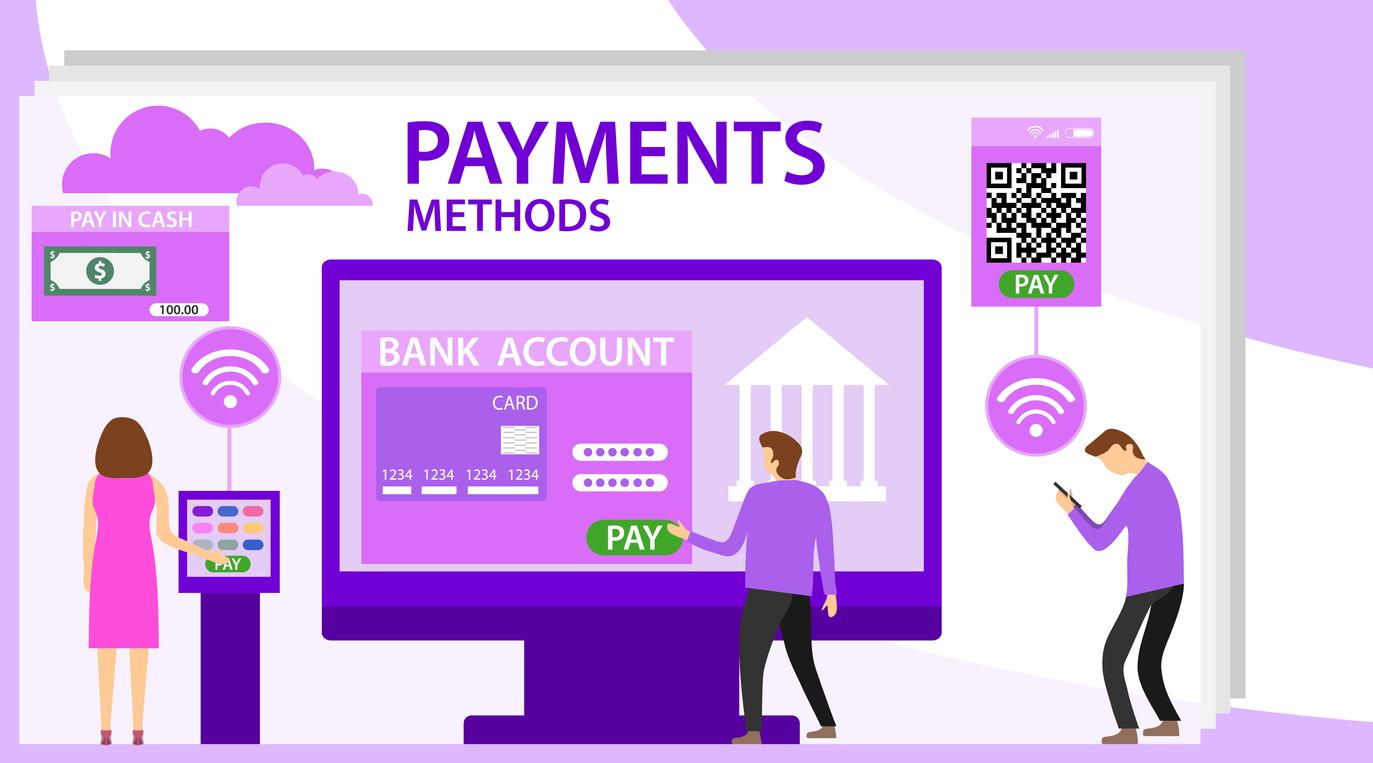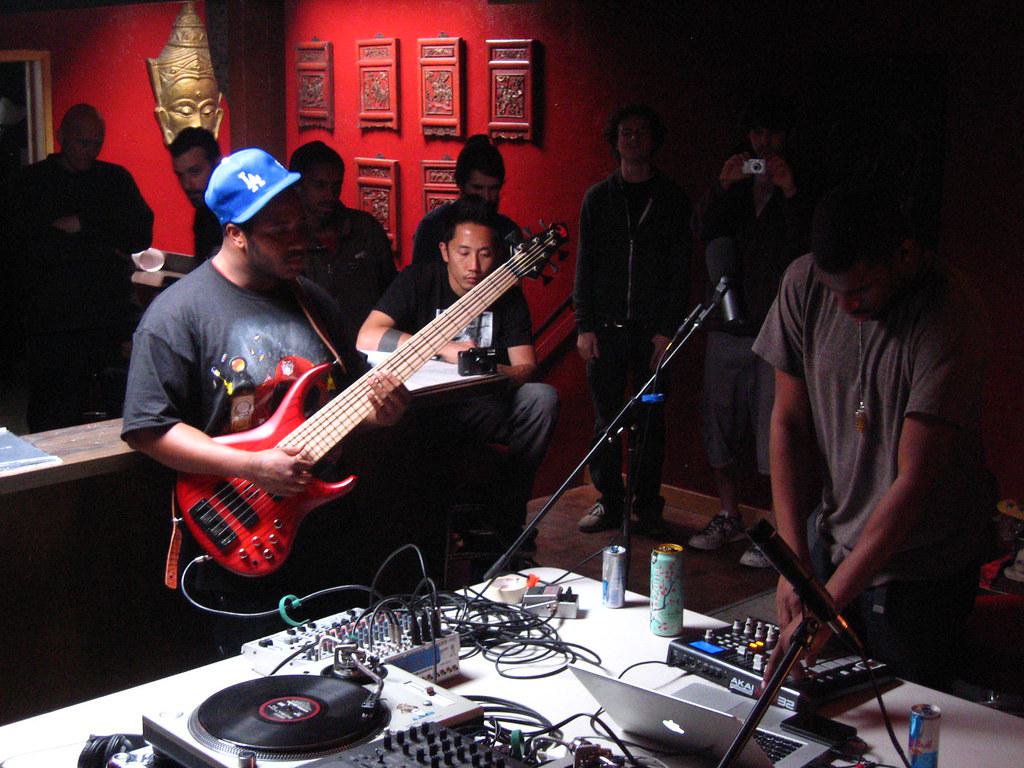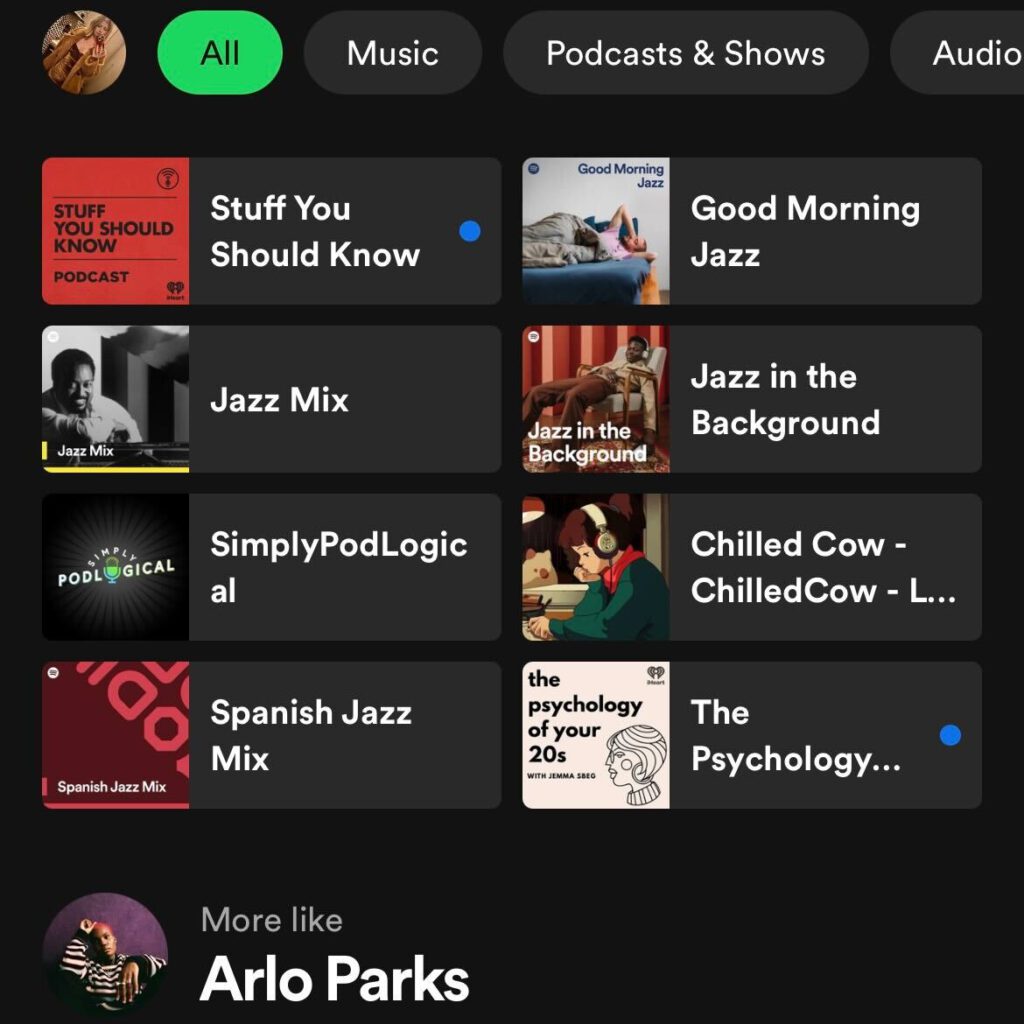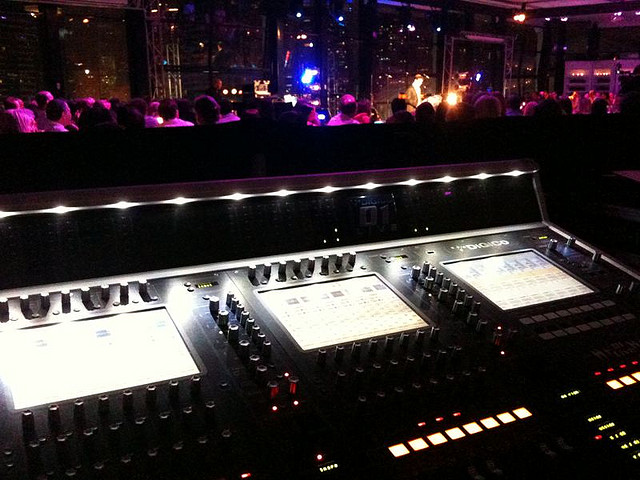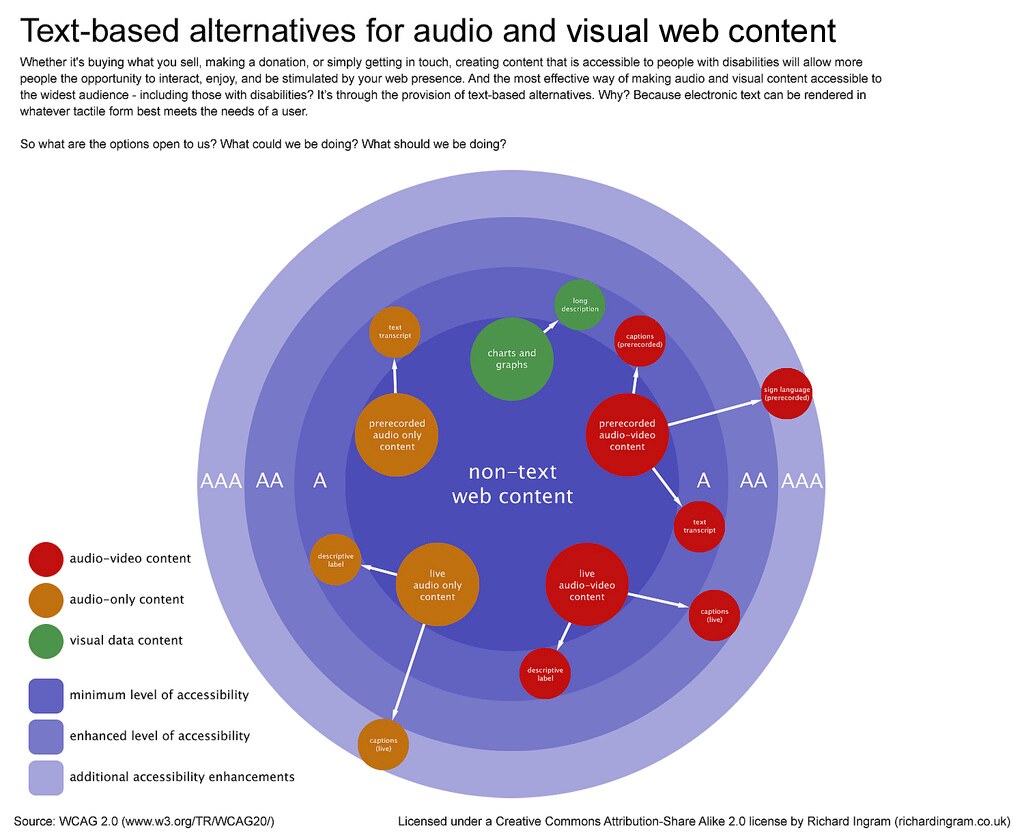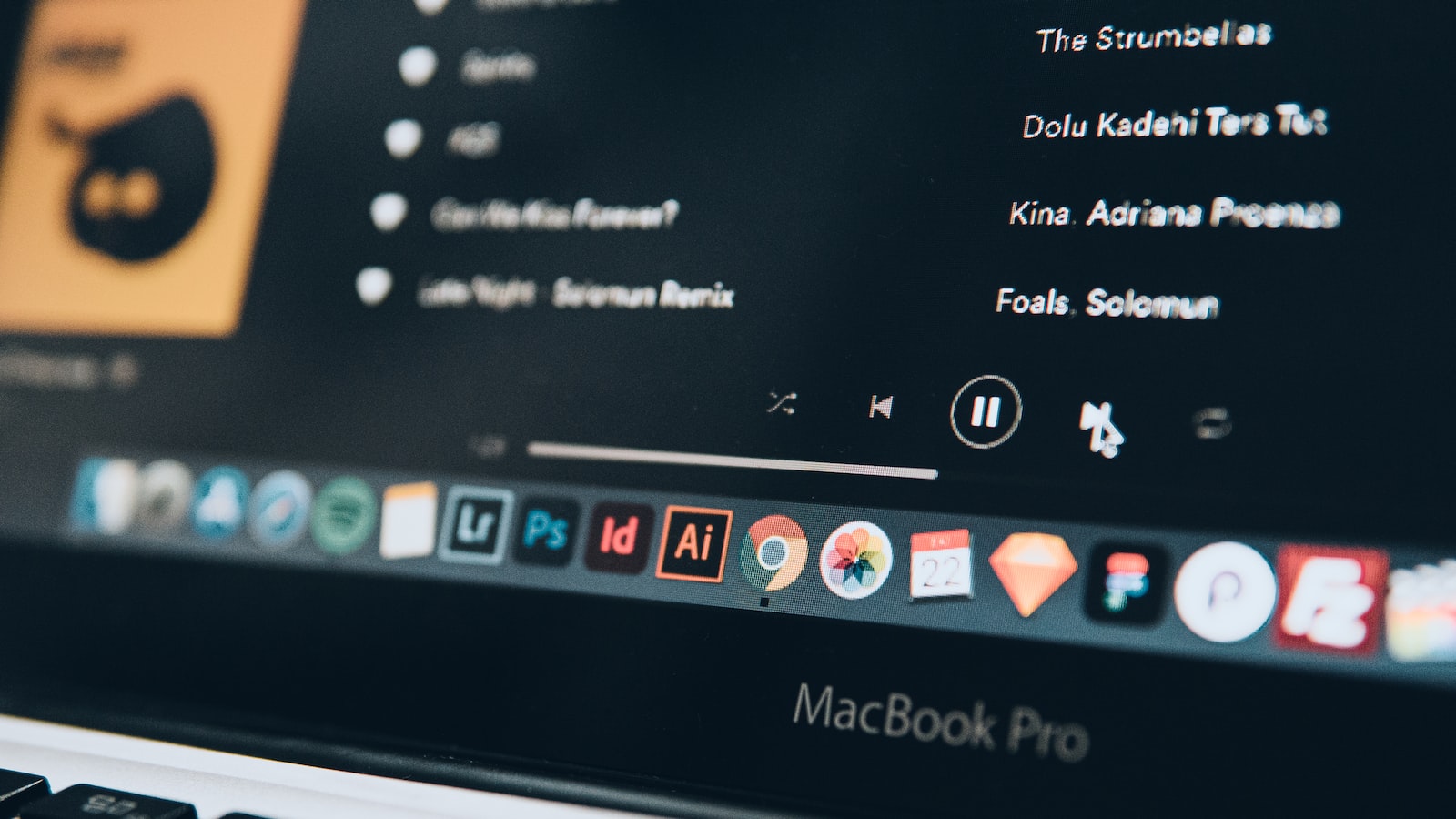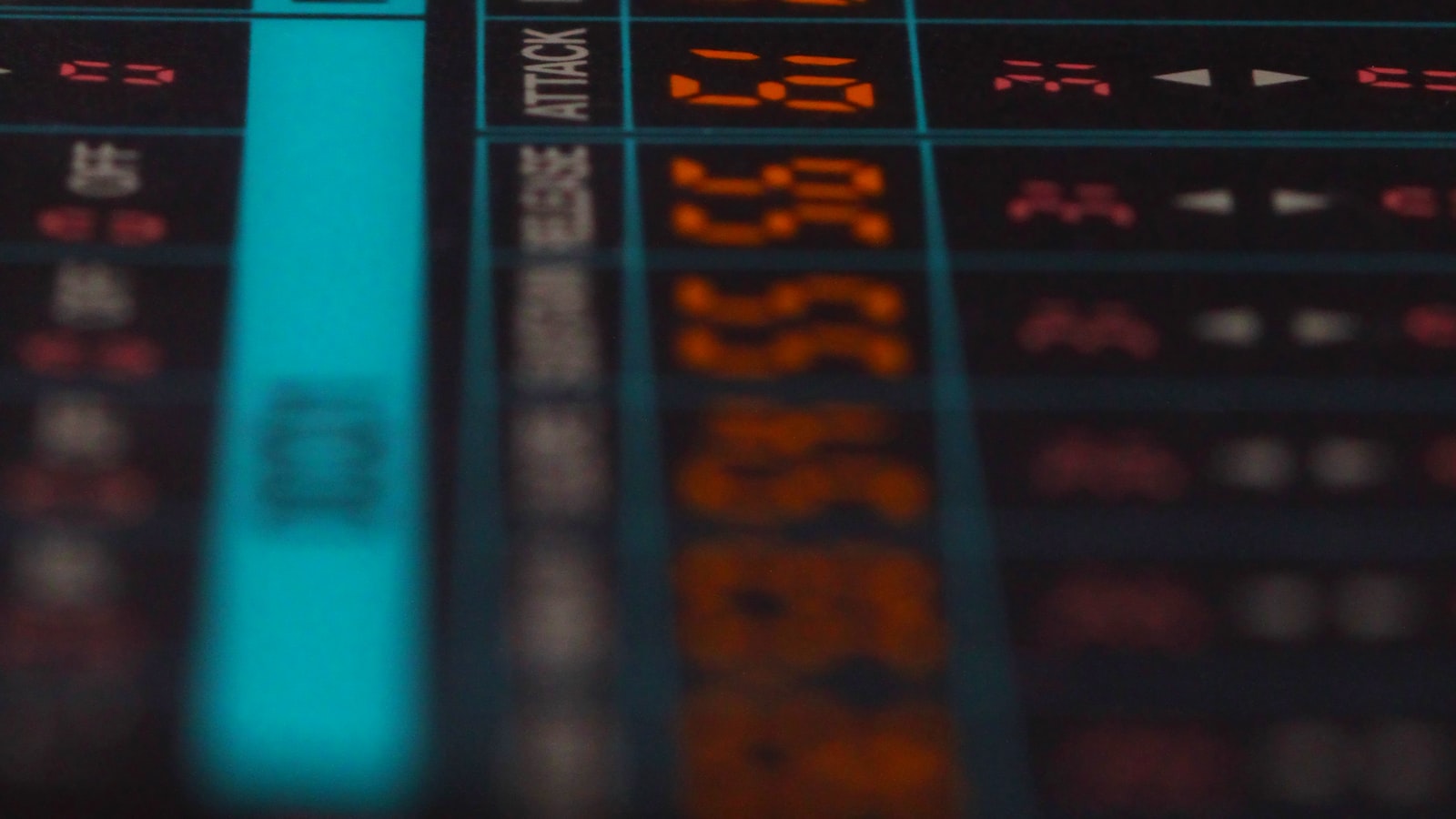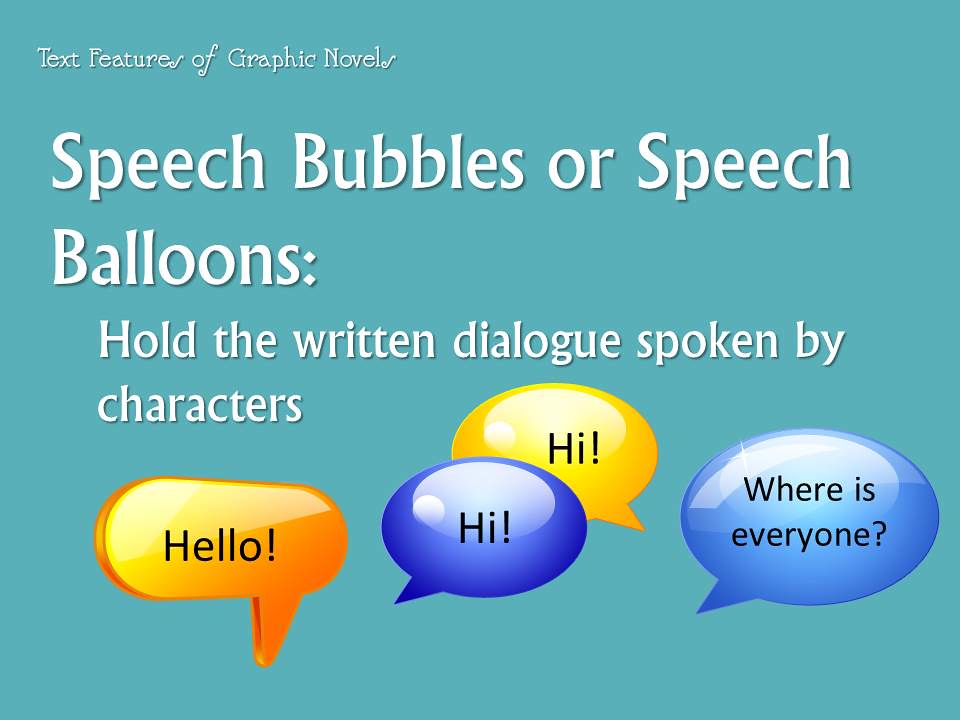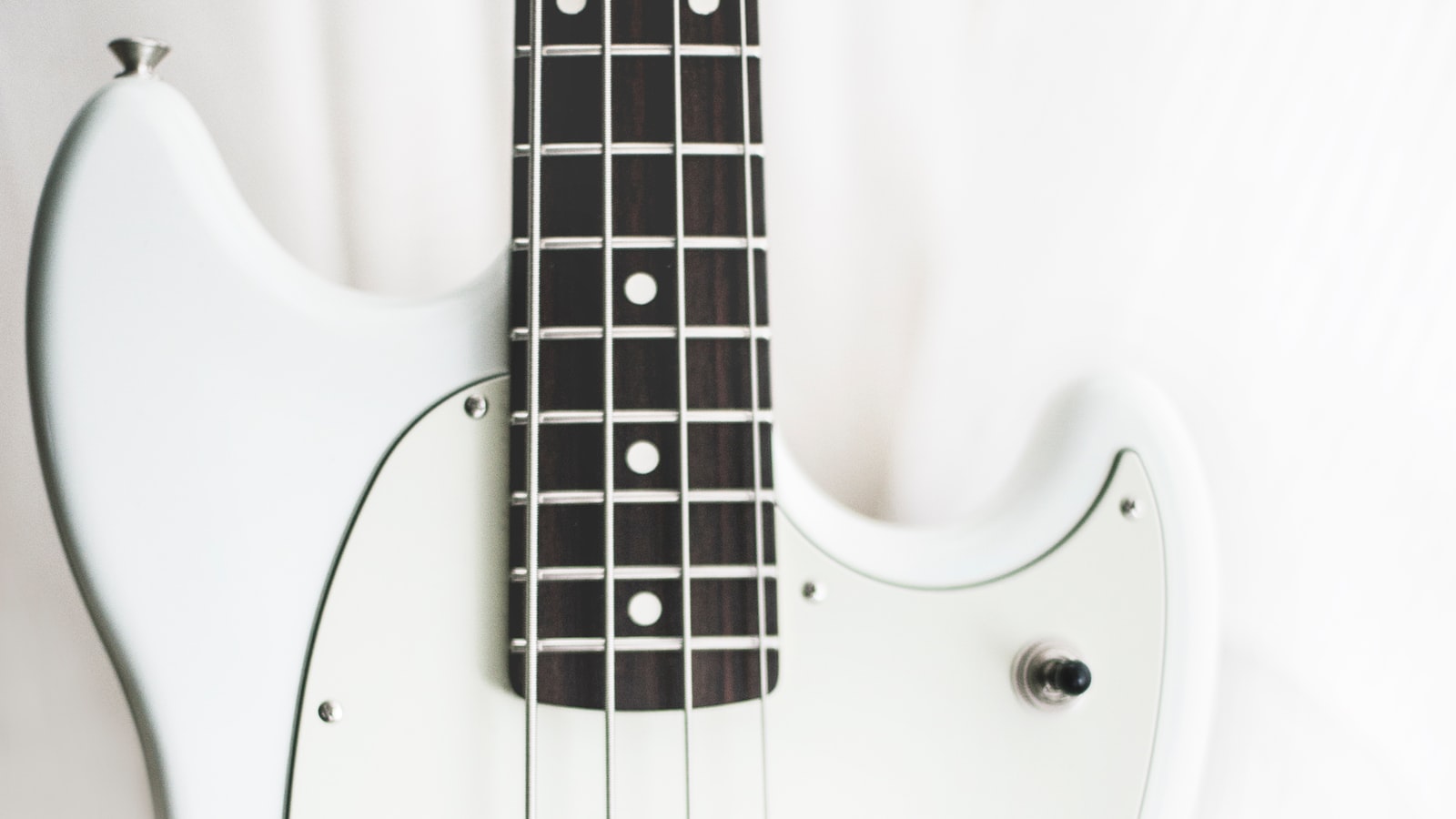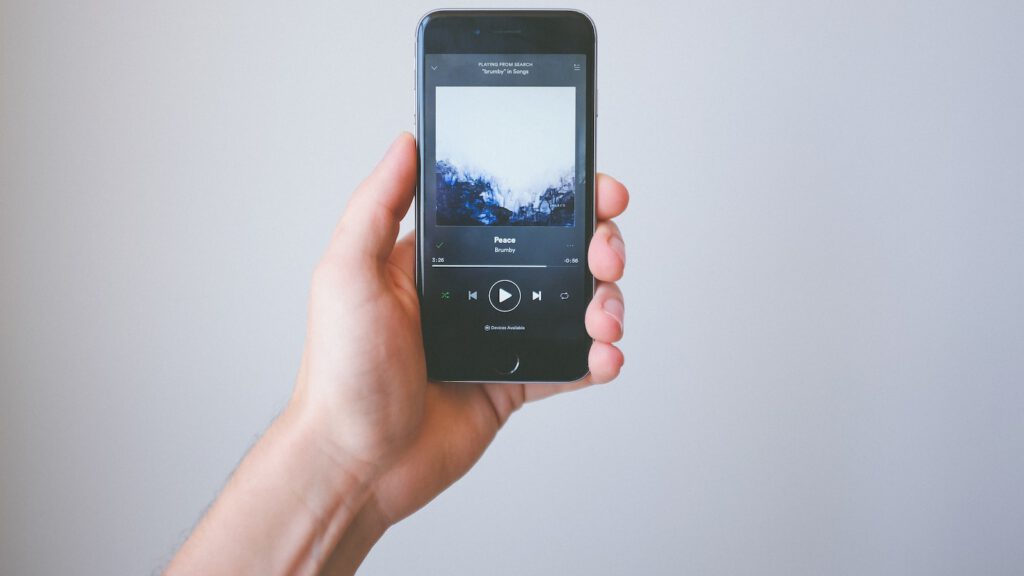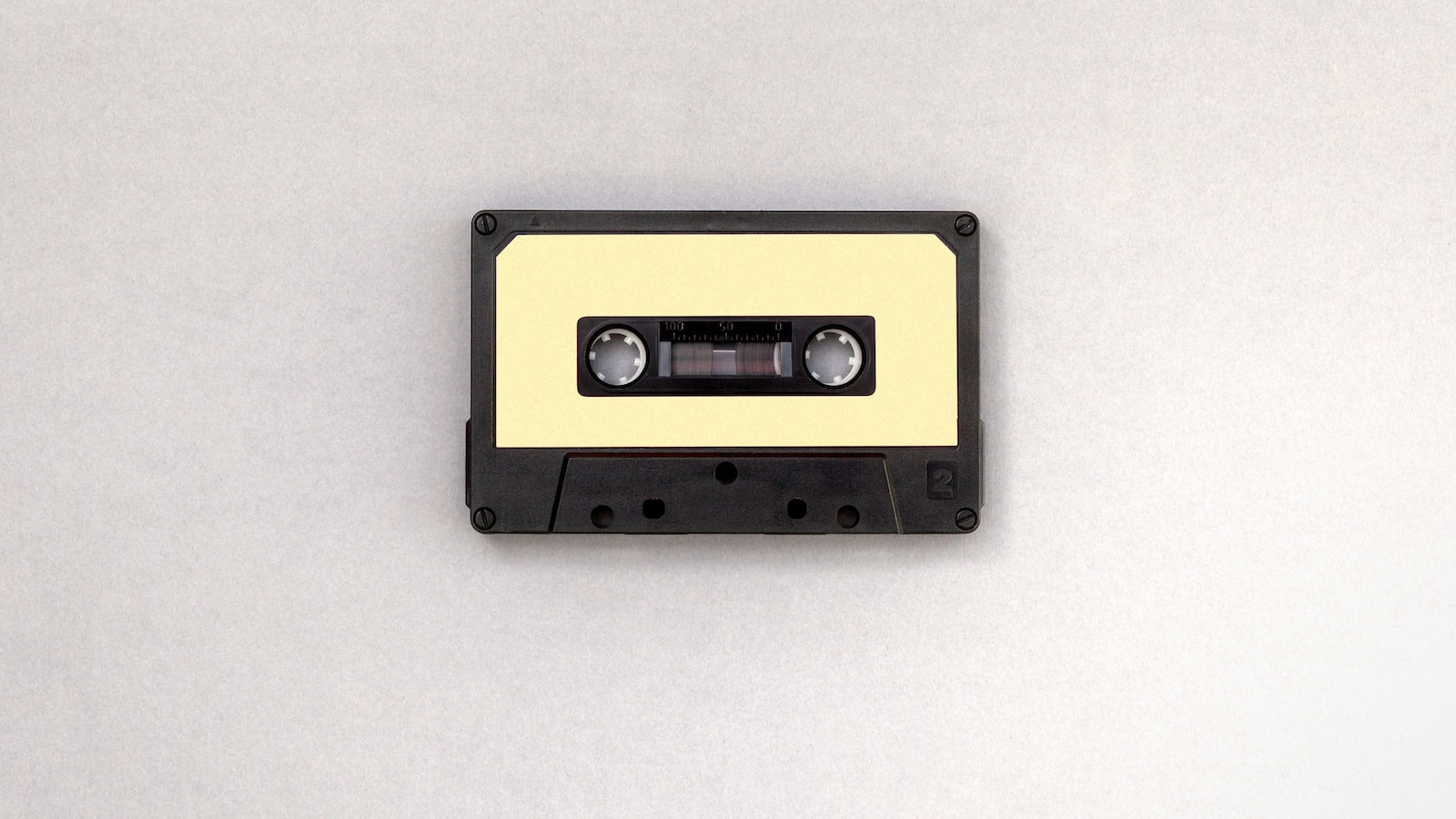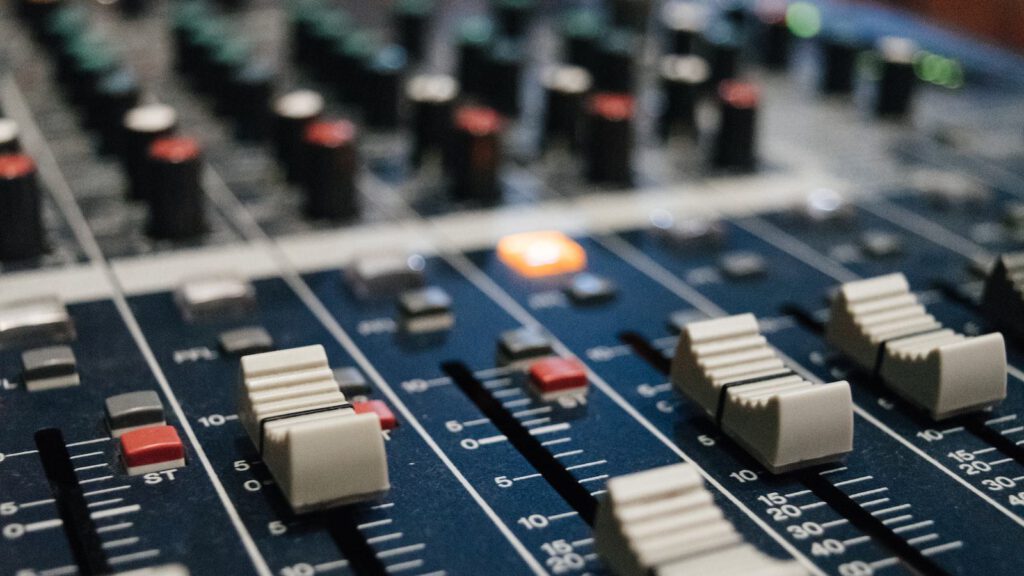
How do you organize your music library for quick access during a set?
When a DJ is in the middle of their set, access to the right song can mean the difference between a seamless set and one that’s a train wreck. Doing the preparation to make sure your music library is organized for quick access is a vital part of the process. In this guide, we’ll show you how to do it.
1. Organizing Digital Music Libraries
Taking control of your music library can be a difficult task, but with some planning and dedication it can be done. With a few simple strategies, you can ensure optimal organization of your music library and maintain a sense of order.
- Sort Tracks into Playlists: Build playlists to make songs easy to find and select. Playlists can easily be edited and changed, and can help save storage space on the hard drive.
- Be Consistent with Genre and Artist: Whenever possible, attempt to keep all the music files within one large organized folder. Songs sorted by genre, artist, or another attribute will make them easier to find.
- Backup and Tag the Files: It’s important to regularly back-up your library and ensure that your music files are consistently tagged with the necessary information. This includes things like artist, album, and release year.
Having a neatly organized library of music can make it easier to find the songs you’re looking for and keep things neat and tidy at all times. With consistent updating and sorting, you’ll be able to keep track of your music library with ease.
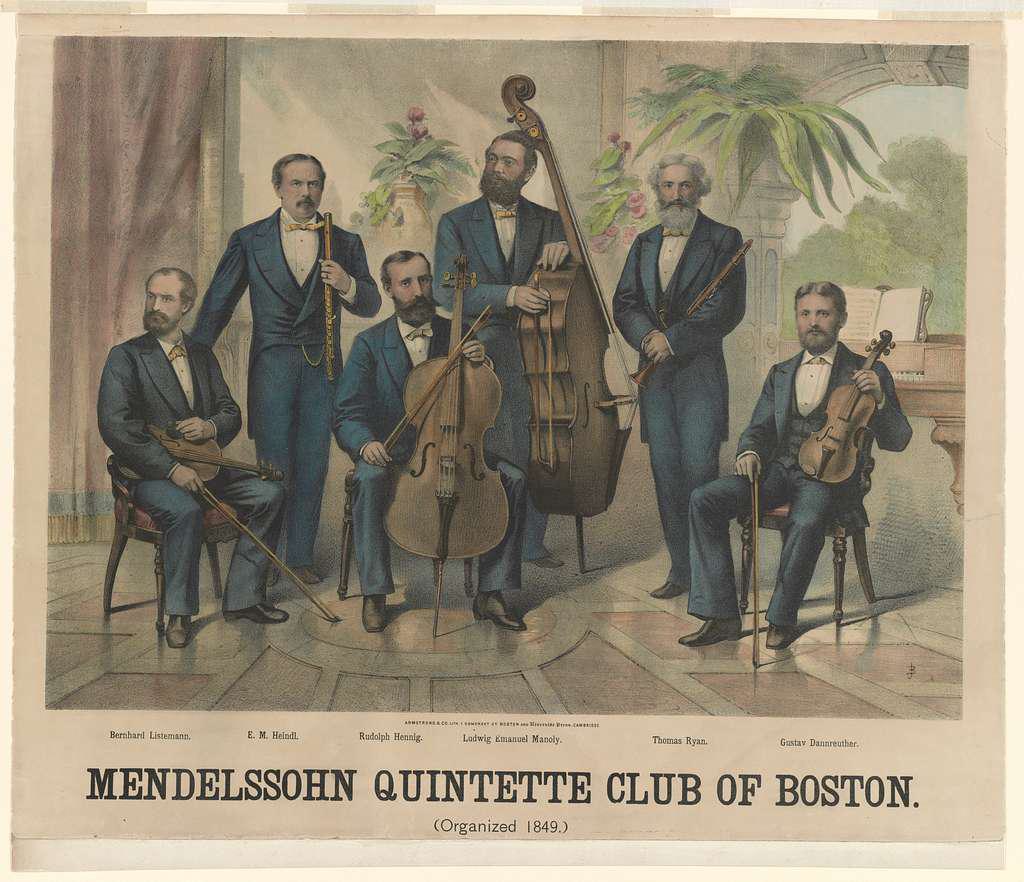
2. Benefits of Having an Organized Music Library
Organizing your music library can be highly beneficial to anyone who wishes to access their music collection without wasting any time. Below are some of the great :
- Efficient Searching: An organized music library allows you to locate songs and albums quickly and easily. By organizing your music library by artist, album, year, etc., you can find the song you are looking for with minimal effort.
- Save Time: Organizing your music library allows you to save time when looking for specific songs and albums. Instead of randomly searching through your entire library, you can narrow down the search and find the exact song you’re looking for much faster.
- Maximize Storage Capacity: By organizing your music library, you can maximize your storage capacity and easily store more music on your device or computer. This will save you from having to buy a new storage device or upgrade your existing device.
Organizing your music library also helps to keep your entire music collection organized and easier to access. This makes it easier to find specific songs, share songs with friends, or just have a general overview of what music you have. In addition, being organized takes away the stress of trying to find a certain song or artist and can make the whole experience much more enjoyable.
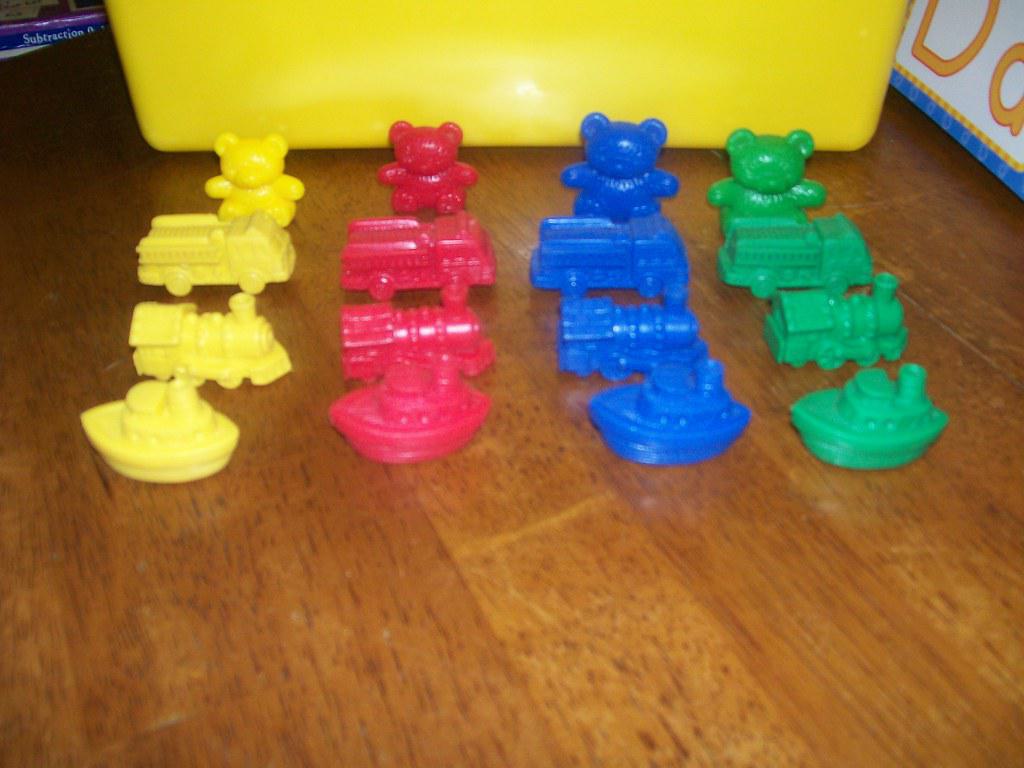
3. Strategies for Efficiently Sorting and Accessing Your Tracks During a Set
Organization is key when it comes to efficiently sorting and accessing your tracks during a set. Having a well thought-out system of organization makes it easier to find and execute the tracks you want in a timely manner and without any stress. Here are three strategies you can use to help keep your tracks organized:
- Group your tracks by genre, energy level, or BPM
- Label and color-code your music files
- Create playlists based on set flow or the mood you’re trying to create
Having an organized set of tracks makes it easy to find them quickly in your DJ software. Creating smart playlists, labeling your tracks, and using a sorting tool such as soft syncing will ensure you have the greatest amount of control over the tracks that you use in your set. This will give you confidence and allow you to make spontaneous decisions whilst mixing.
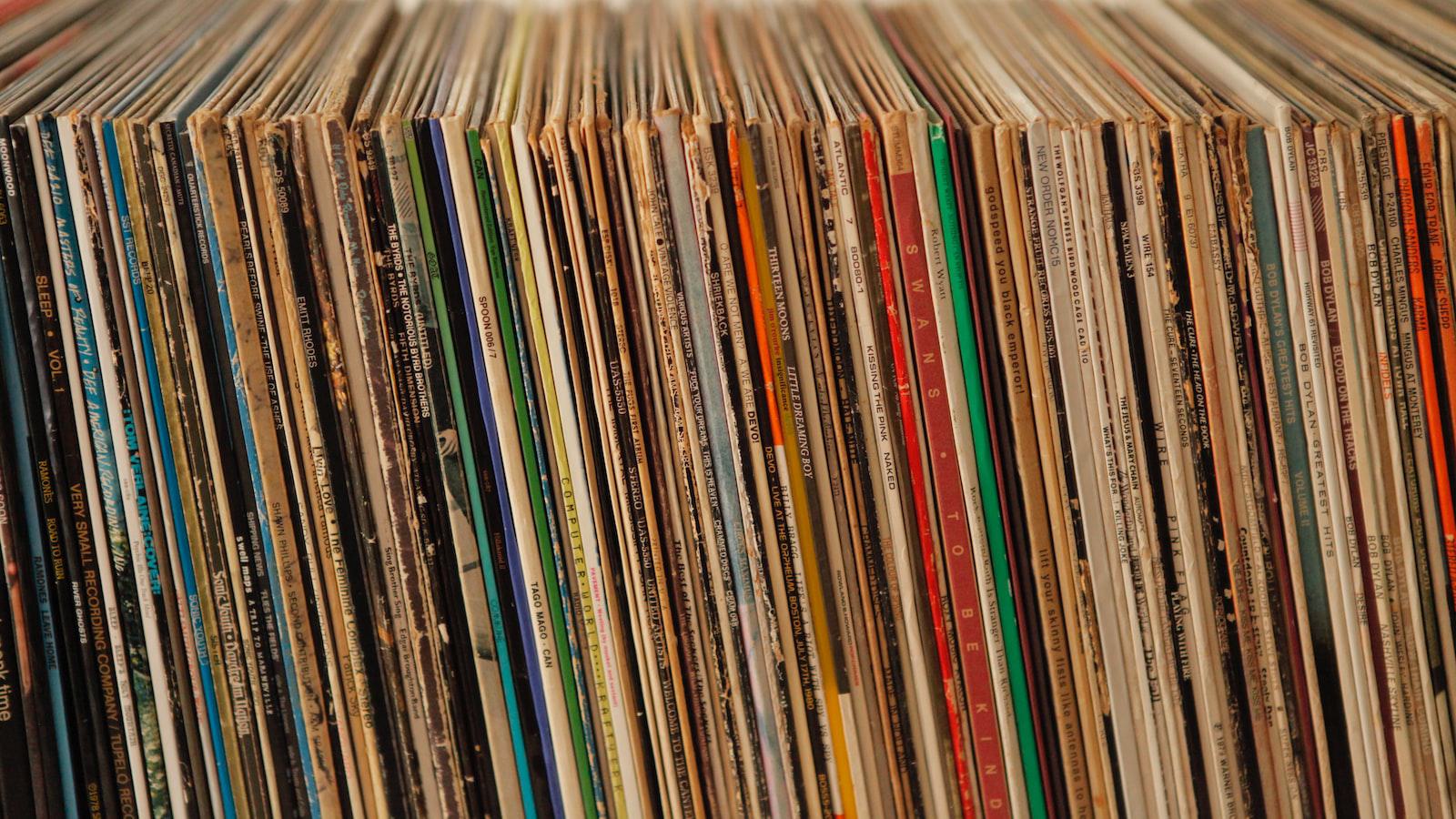
4. Recommended Tools for Building and Managing Your Music Library
Are you looking for efficient ways to build and organize your music library? You’re in the right place! Here are 4 highly recommended tools for letting you build and manage your library with ease.
- yate, one of the most powerful music tag editors available. It helps you easily clean up, organize, and report on your music library.
- MusicBrainz Picard, a music tagger that adds rich metadata to your files, allowing easy sorting.
- Beets, a command line music library program that helps you build playlists, reports, and graphs. It also allows automated tagging, downloading cover art, and many more features.
- Audiobox, digital media management tool that helps you to sync your music library across multiple devices. It also includes a powerful search engine, perfect for finding lost songs.
These tools are sure to help you build and manage a highly organized music library. No matter the size of your library, they can help you to maximize its organization, start streaming, and find tracks quickly.
There you have it – everything you need to know to organize your music library for quick access during a set. Now that you’ve got a game plan, get out there and start making your music heard!
— End –




